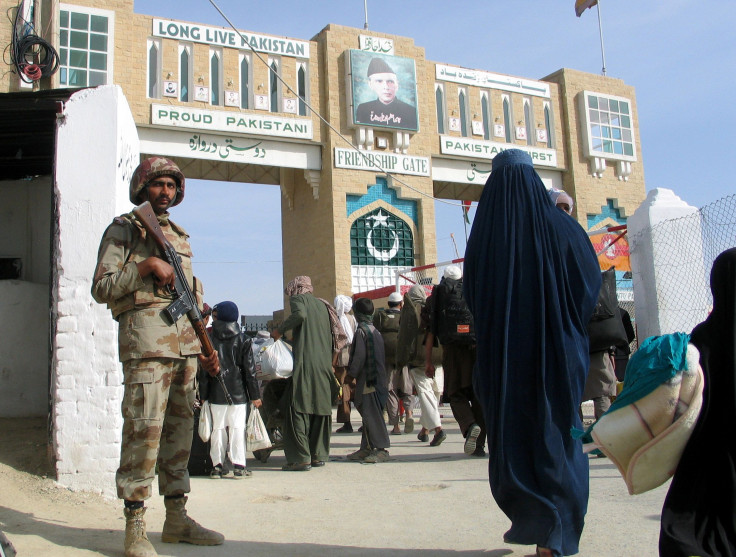Pakistan Starts Building Fence Along Border With Afghanistan Amid Terror Attacks

Pakistan recently began building a roughly 1,500-mile fence along its northwestern border with Afghanistan, the Nation reported Monday — an action that was sure to anger Kabul, which has long refused to recognize the border between the two countries as a legitimate dividing line.
The construction came as tensions between the Muslim nations remained high following a March 6 terrorist attack in which dozens of Afghan militants reportedly stormed across the Pakistan border and killed six Pakistani soldiers stationed at security checkpoints.
Pakistan’s new fence was set to feature enhanced aerial surveillance of the border and special radar systems intended to prevent future terror attacks and the transport of drugs, weapons and ammunition.
Read: Pakistan May Ban Facebook, Other Social Media, For Blasphemy, ‘Character Assassination’
Pakistan long ago finished excavating a large trench along the roughly 6,830-mile Chaman-Kandhar border in the Balochistan province, affecting thousands of people who commute across the two countries there every day. Over the past three years, the 11-foot-deep by 14-foot-wide trench has been effective in monitoring those entering Pakistan, a security source at the Frontier Corps Pakistan told The Nation Monday.
Pakistan’s military demanded Afghan authorities bolster security on its side of the border after the wave of terror attacks on Pakistani border checkpoints March 6, which were claimed by a faction of the Taliban in Afghanistan known as Jamaatul Ahrar. Islamabad has previously accused the Afghan government of giving “safe haven” to Taliban fighters like those in Jamaatul Ahrar, who have been fighting for years to overthrow Pakistan's democratically elected government and replace it with one that abided by a strict interpretation of traditional Islamic values, according to the Express Tribune.
Pakistan sealed its border with Afghanistan in May 2016, saying the move was the only immediate solution to keep a check on people crossing.
Afghanistan responded by naming Taliban leaders in Pakistan who were allegedly responsible for committing "crimes against the people of Afghanistan." This included members of the Taliban-affiliated Haqqani network in Pakistan that were reportedly responsible for recent high-profile attacks in Kabul, whom the Afghan government has accused Islamabad of allowing to operate freely within their borders.
© Copyright IBTimes 2025. All rights reserved.






















